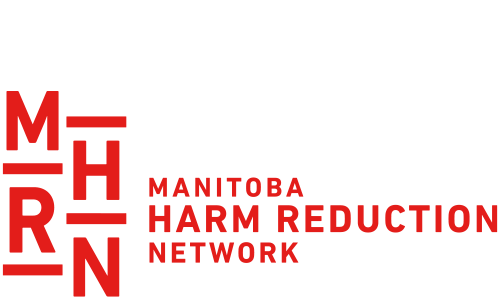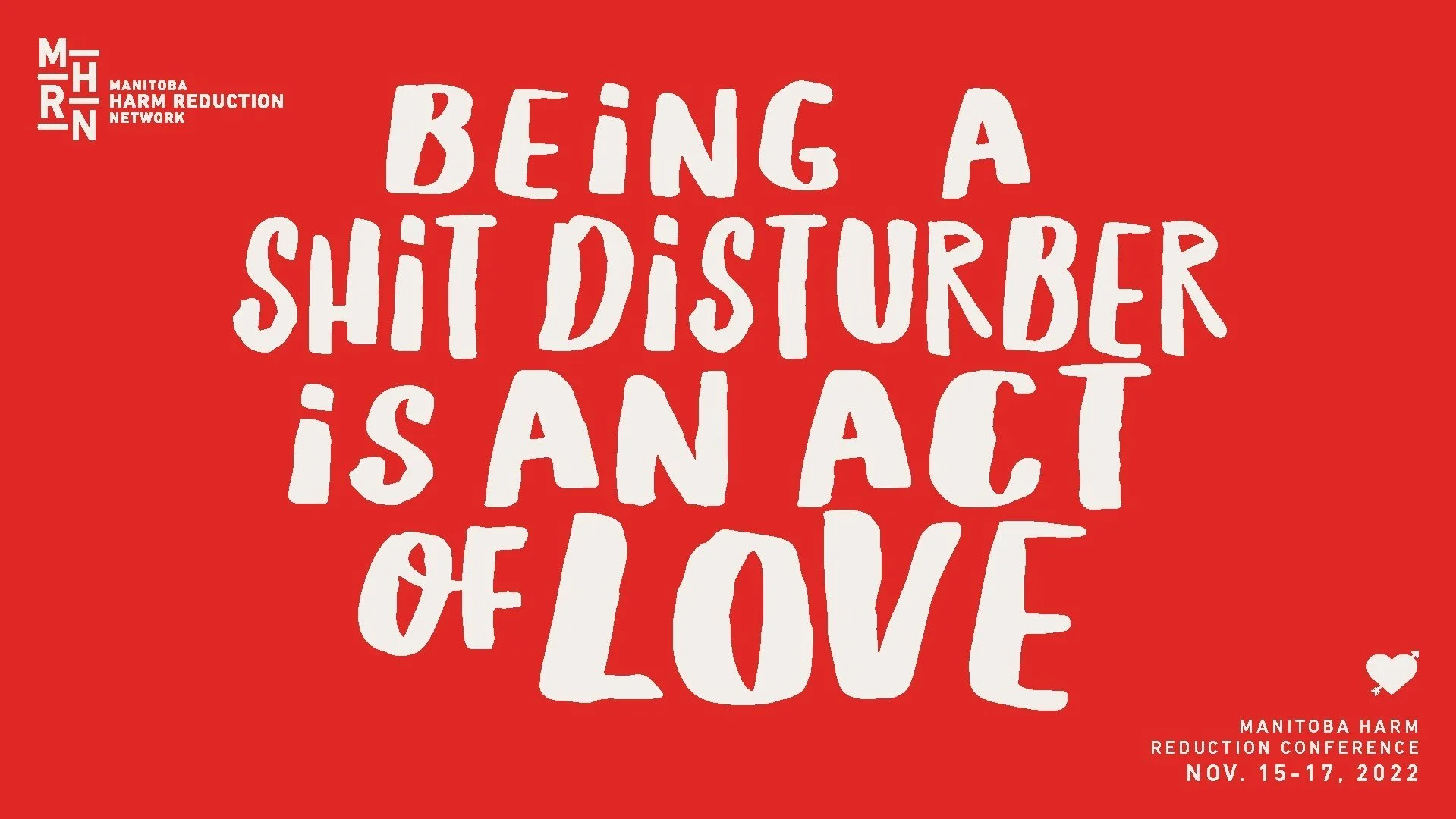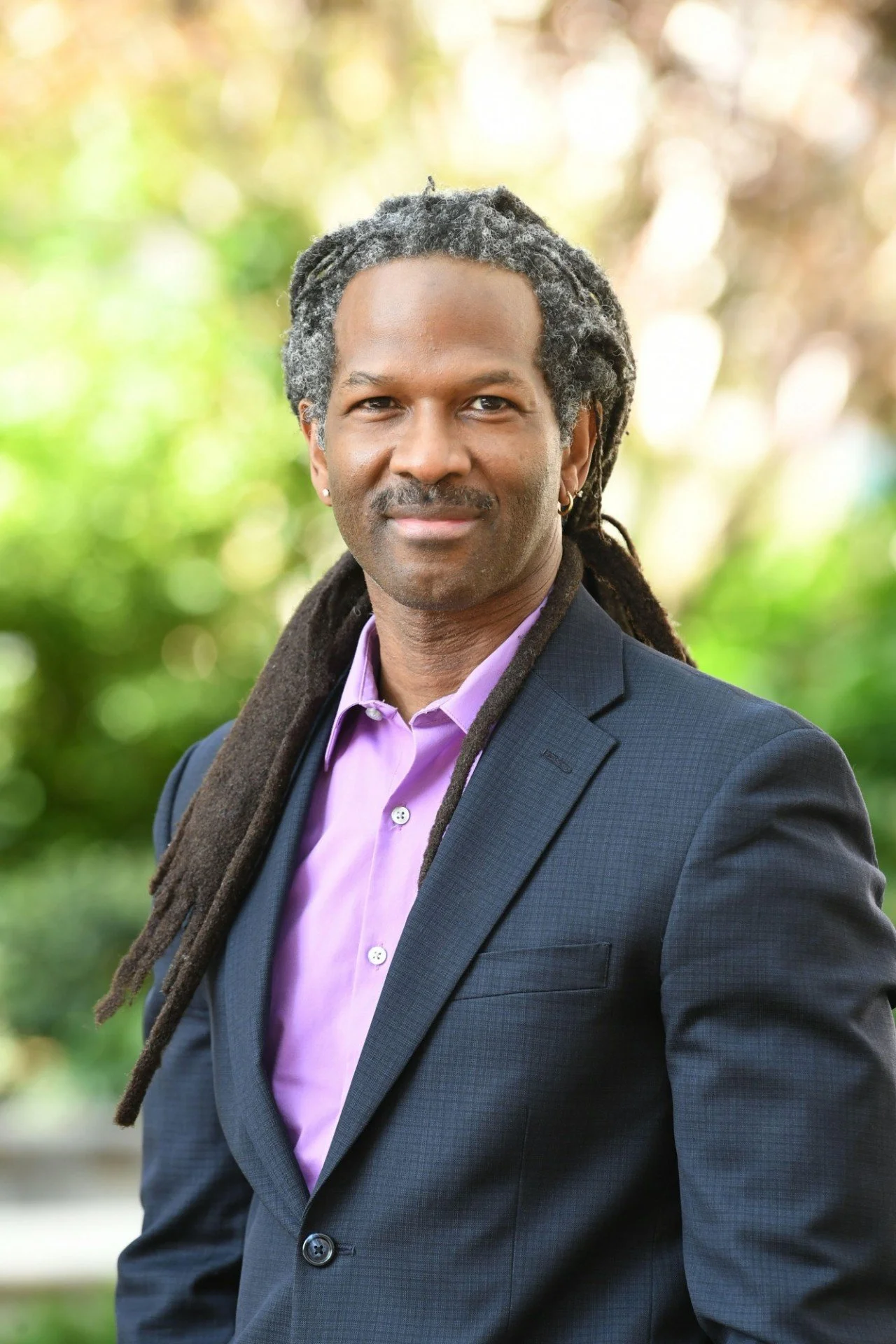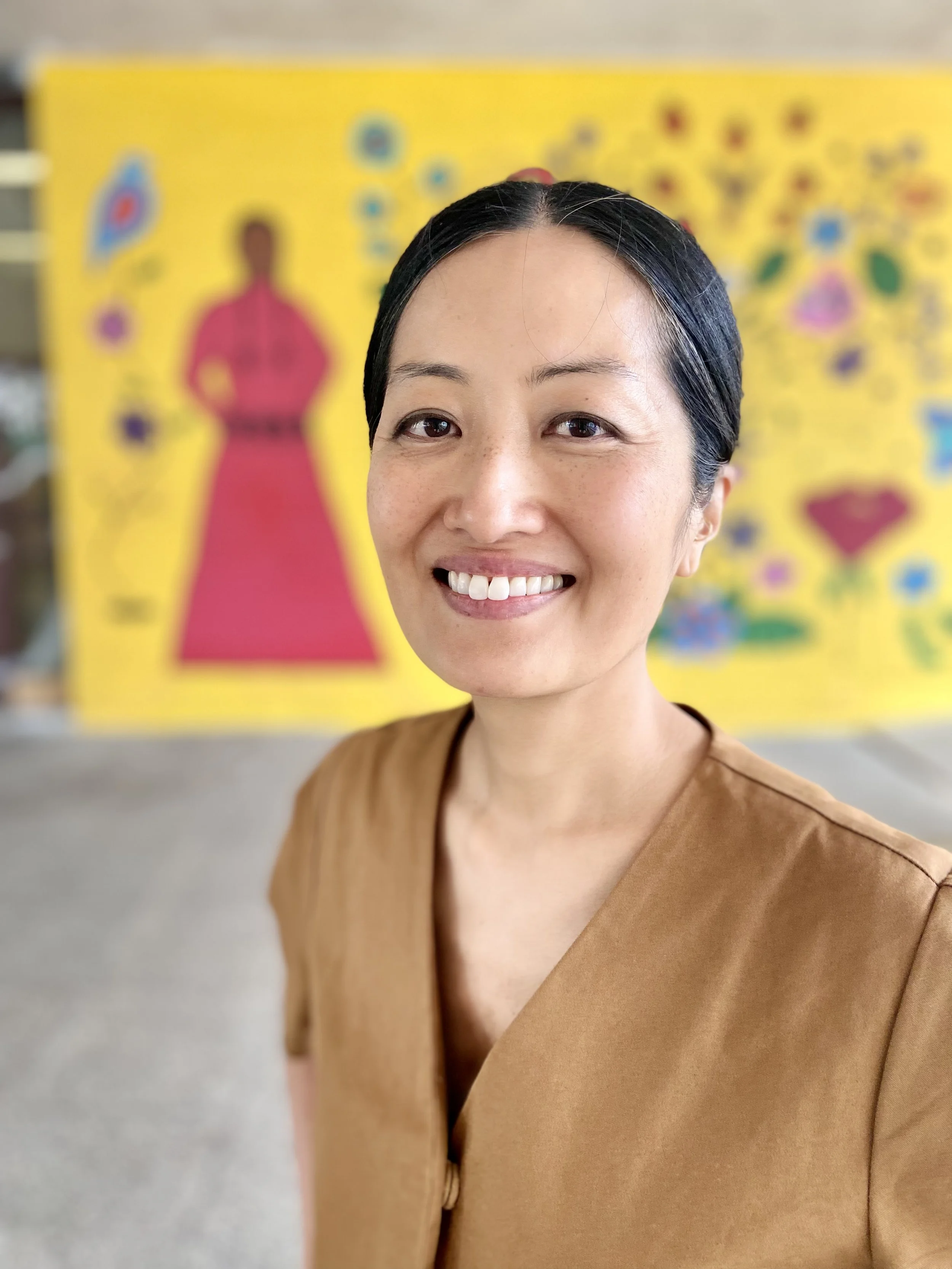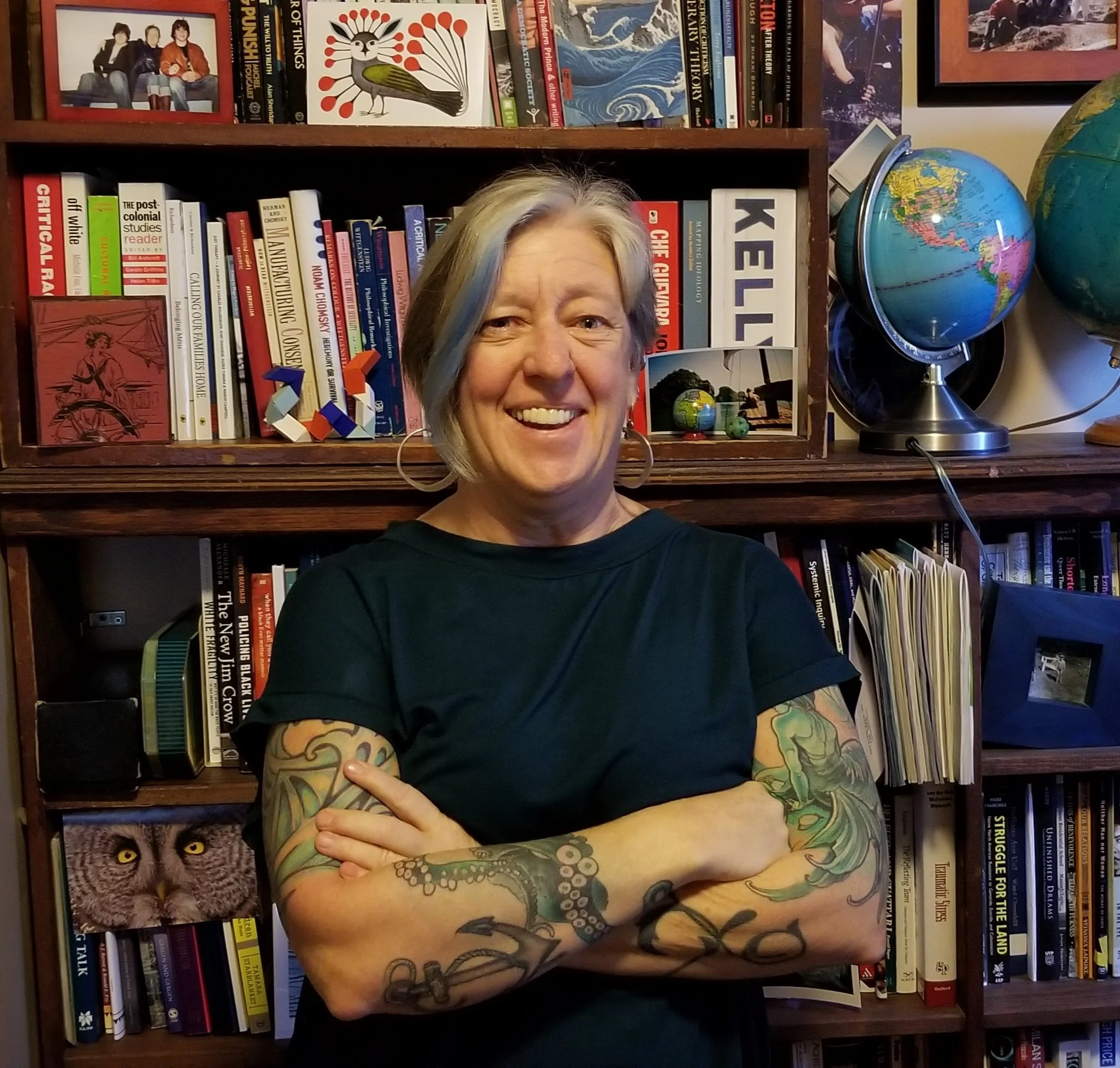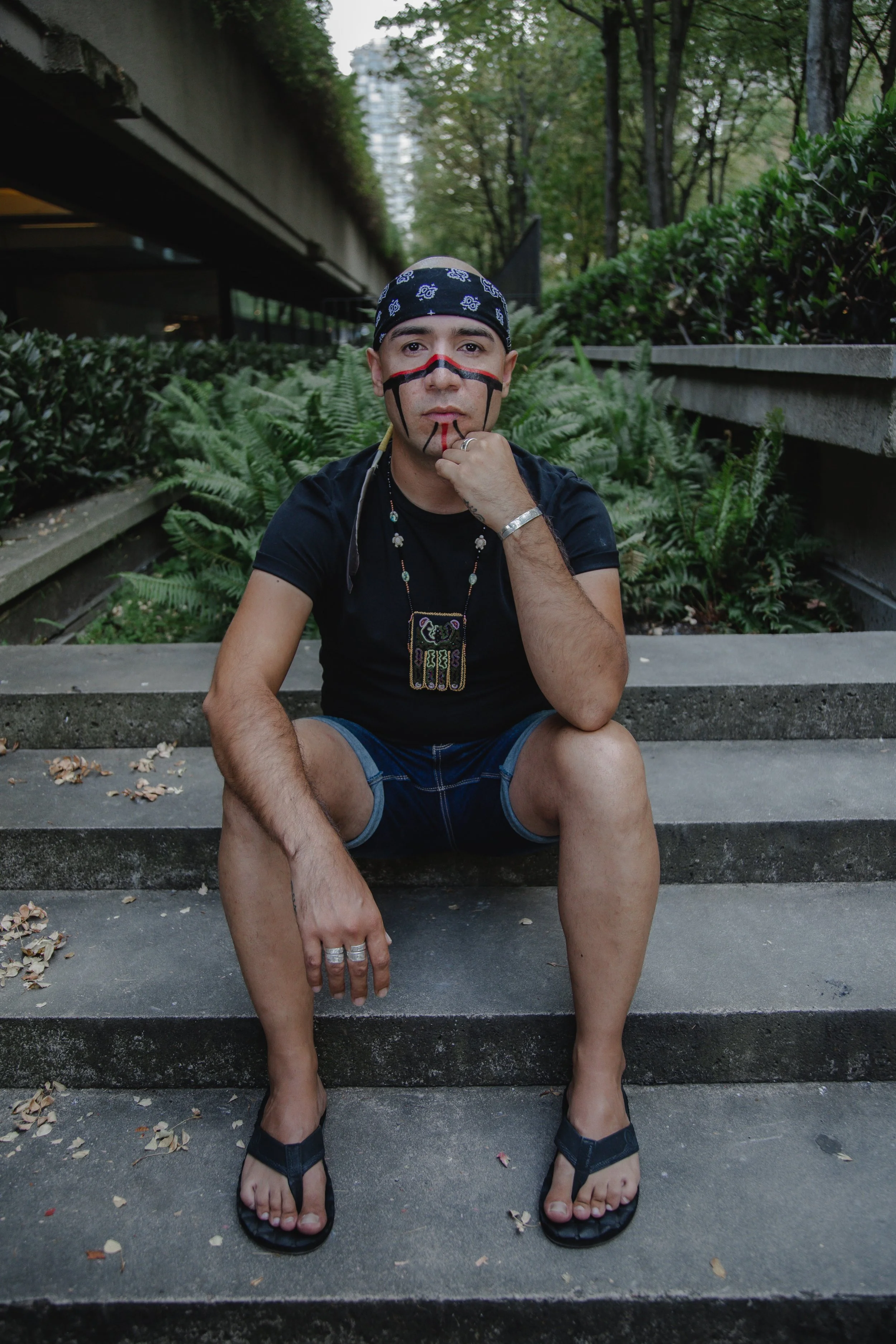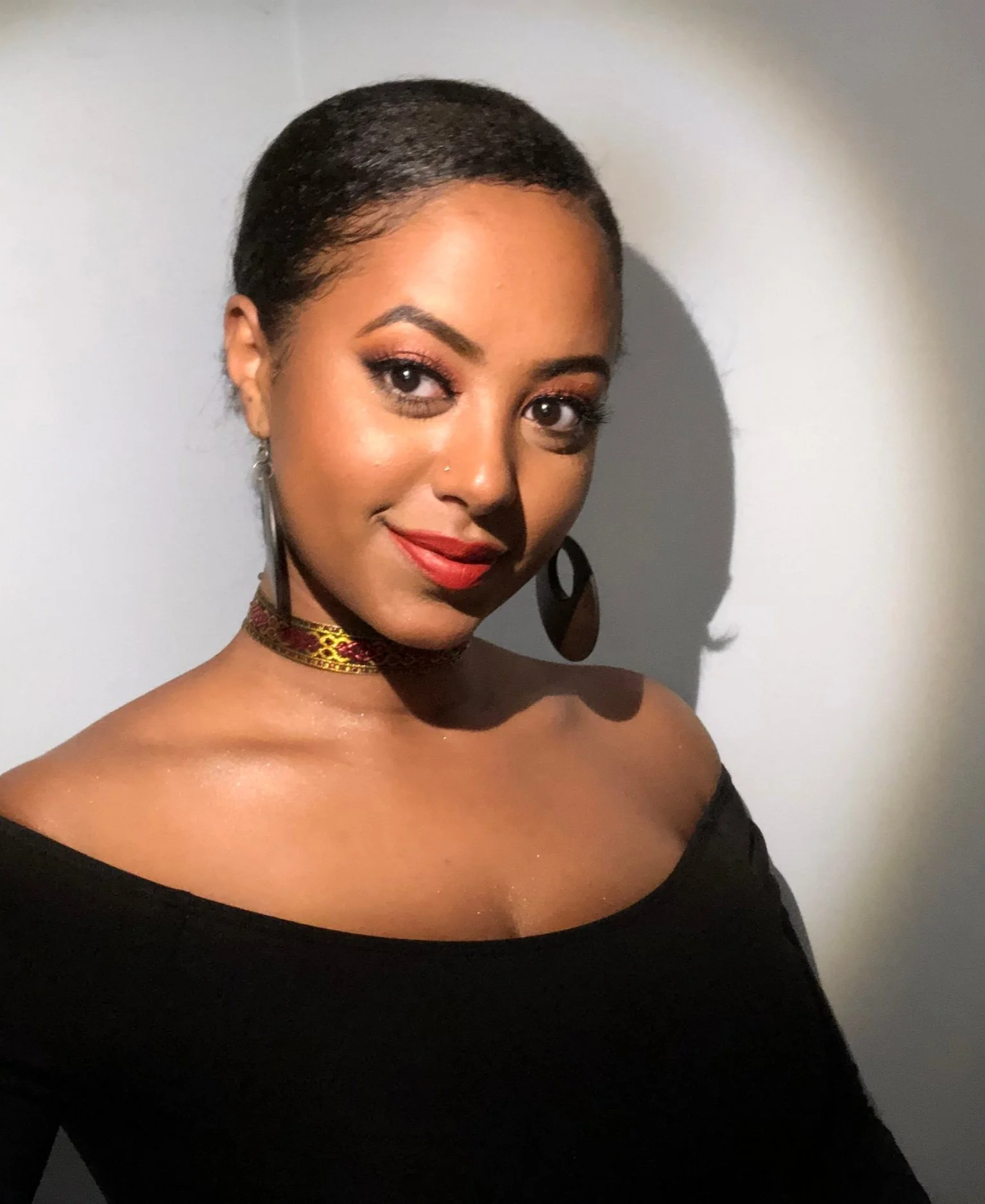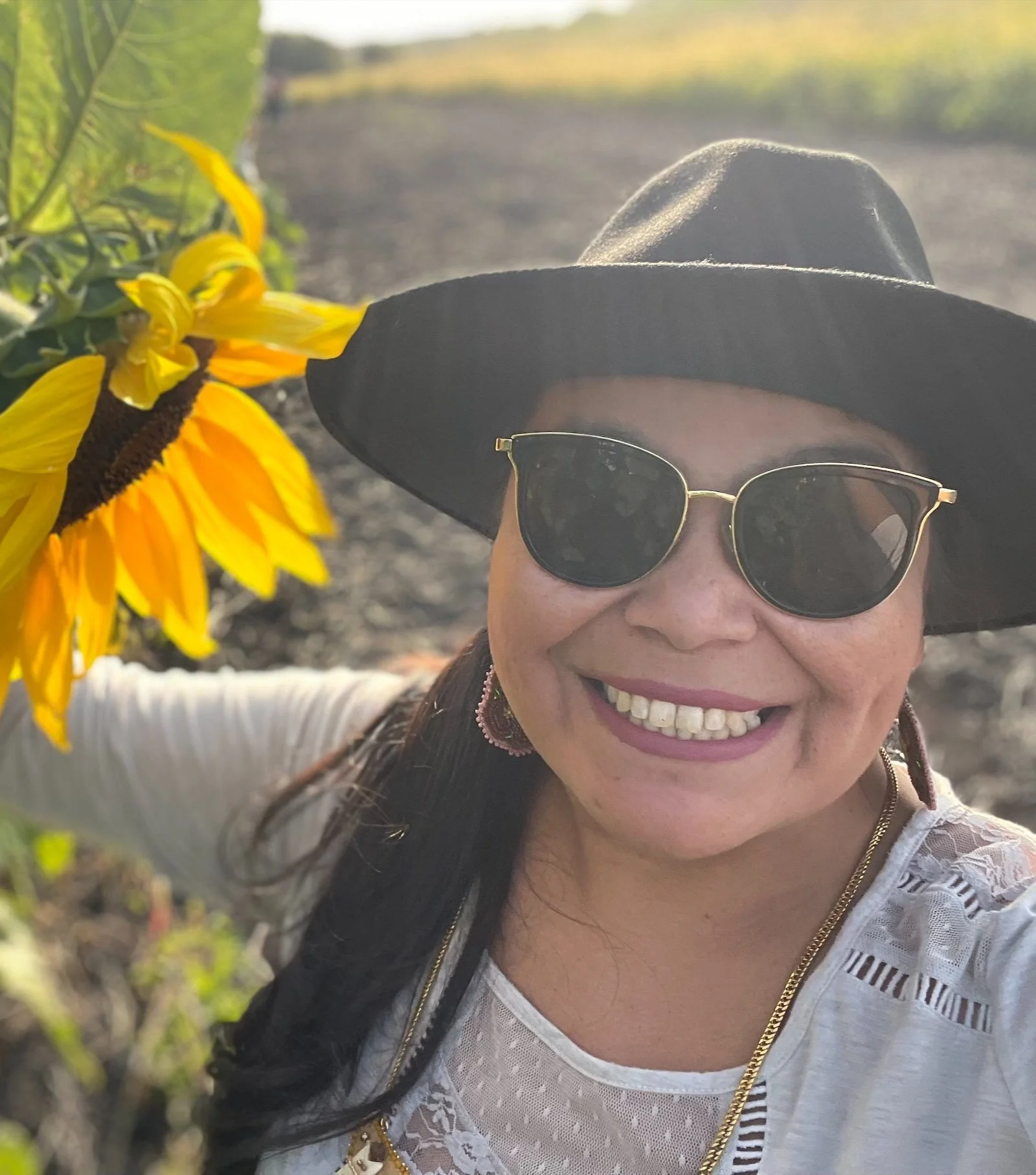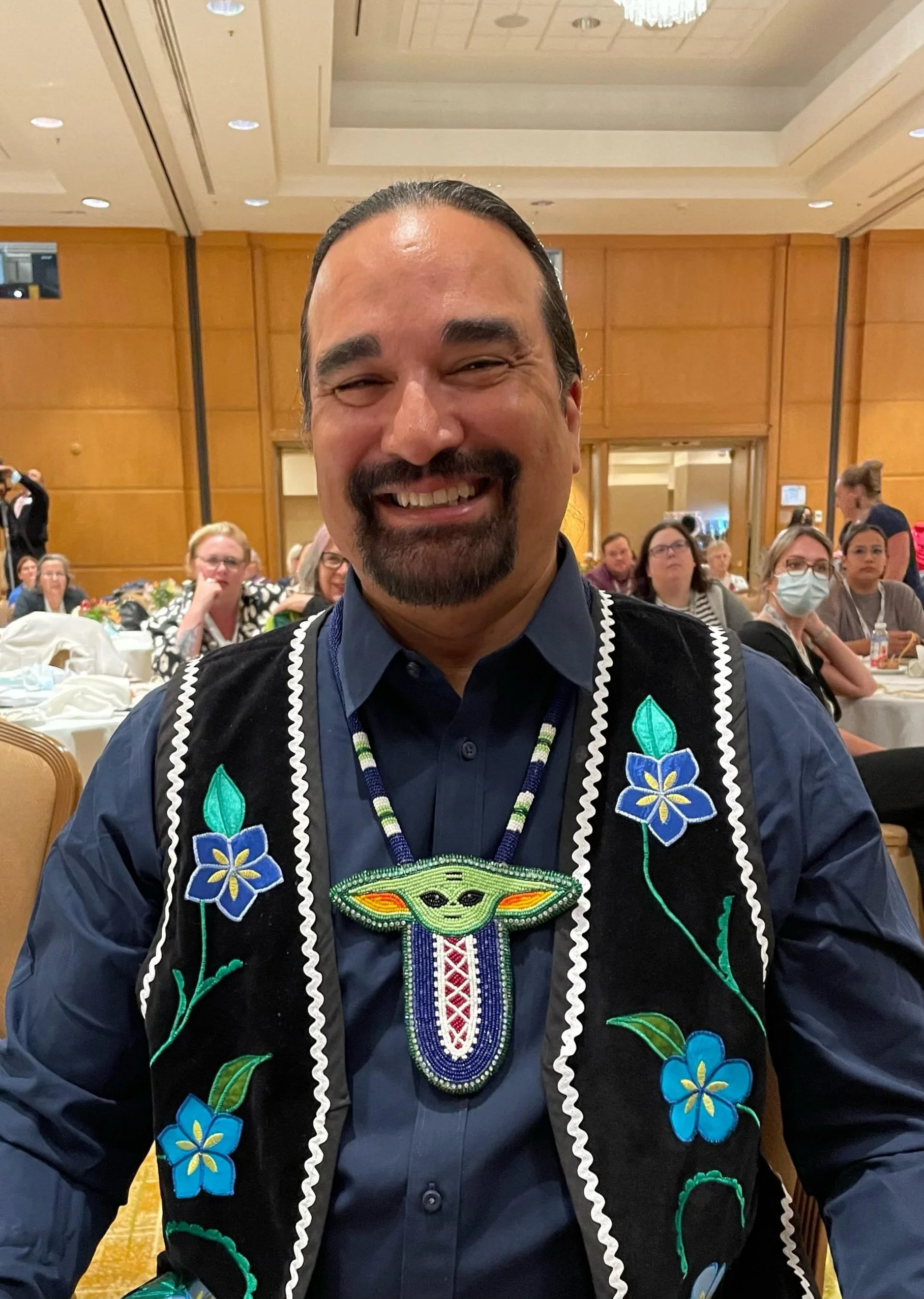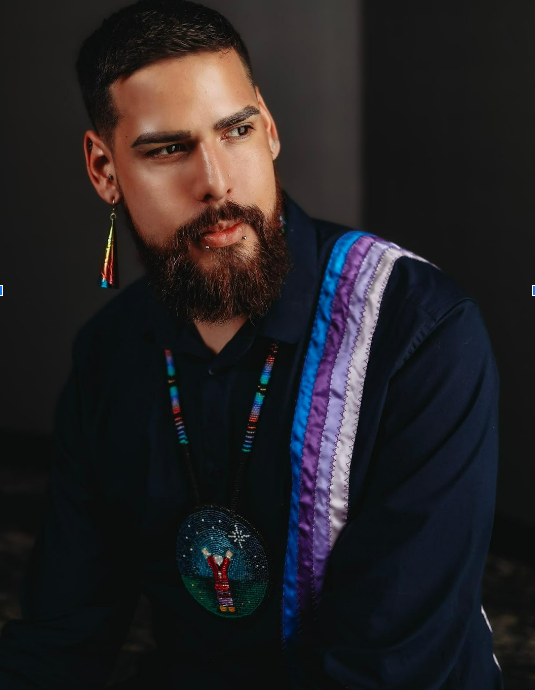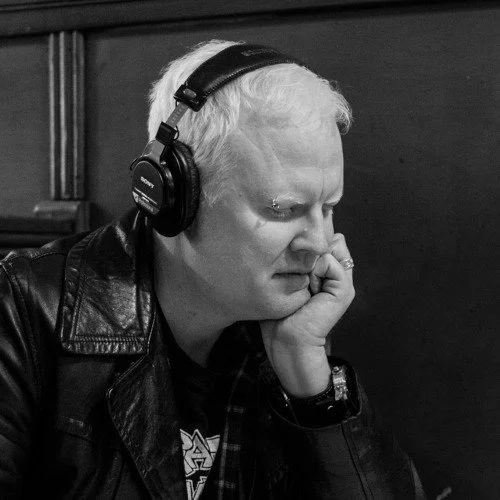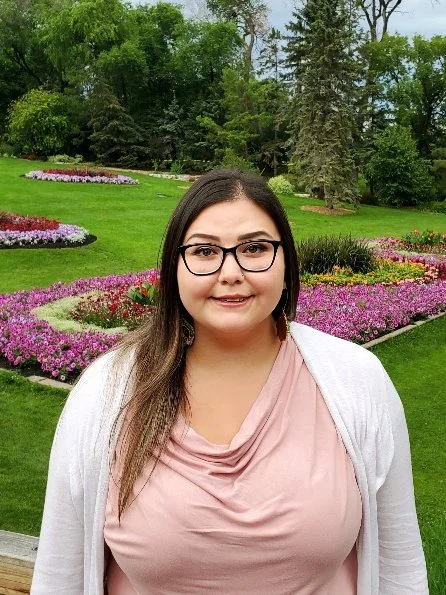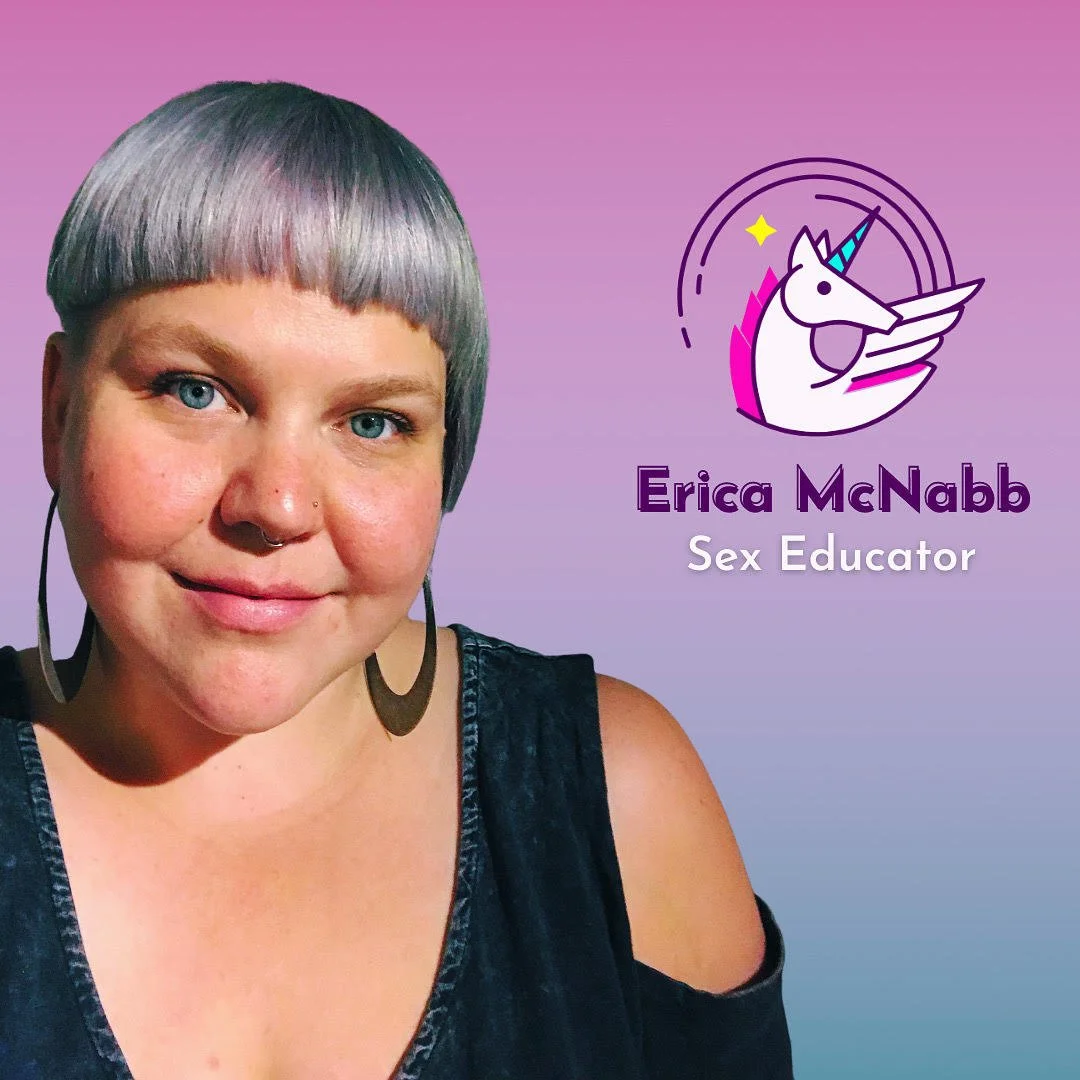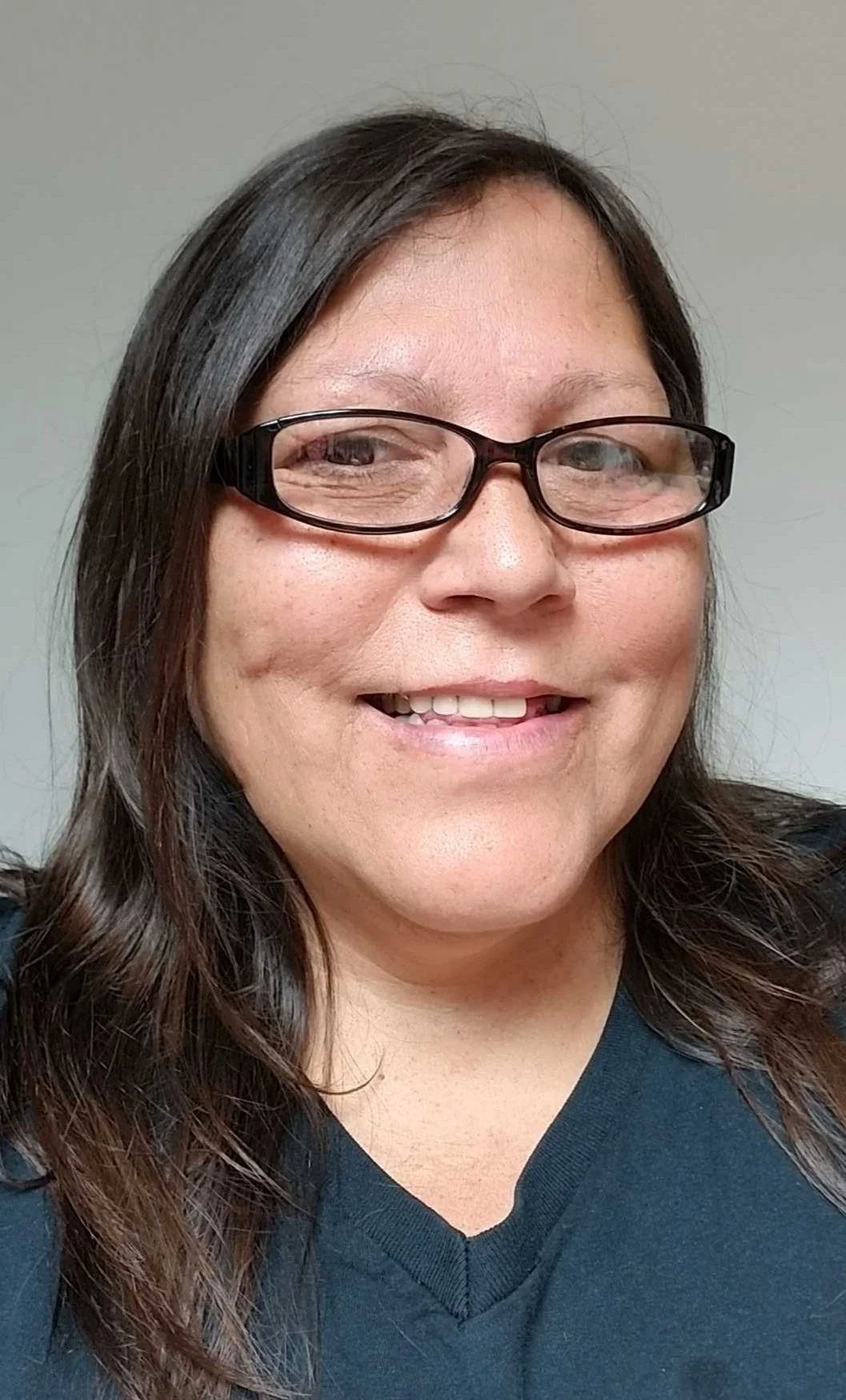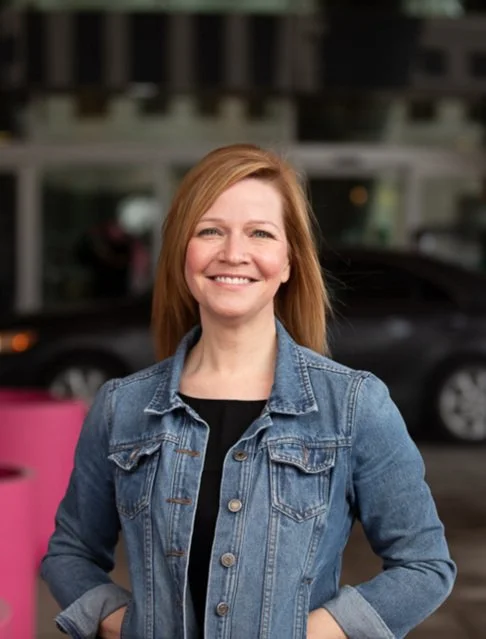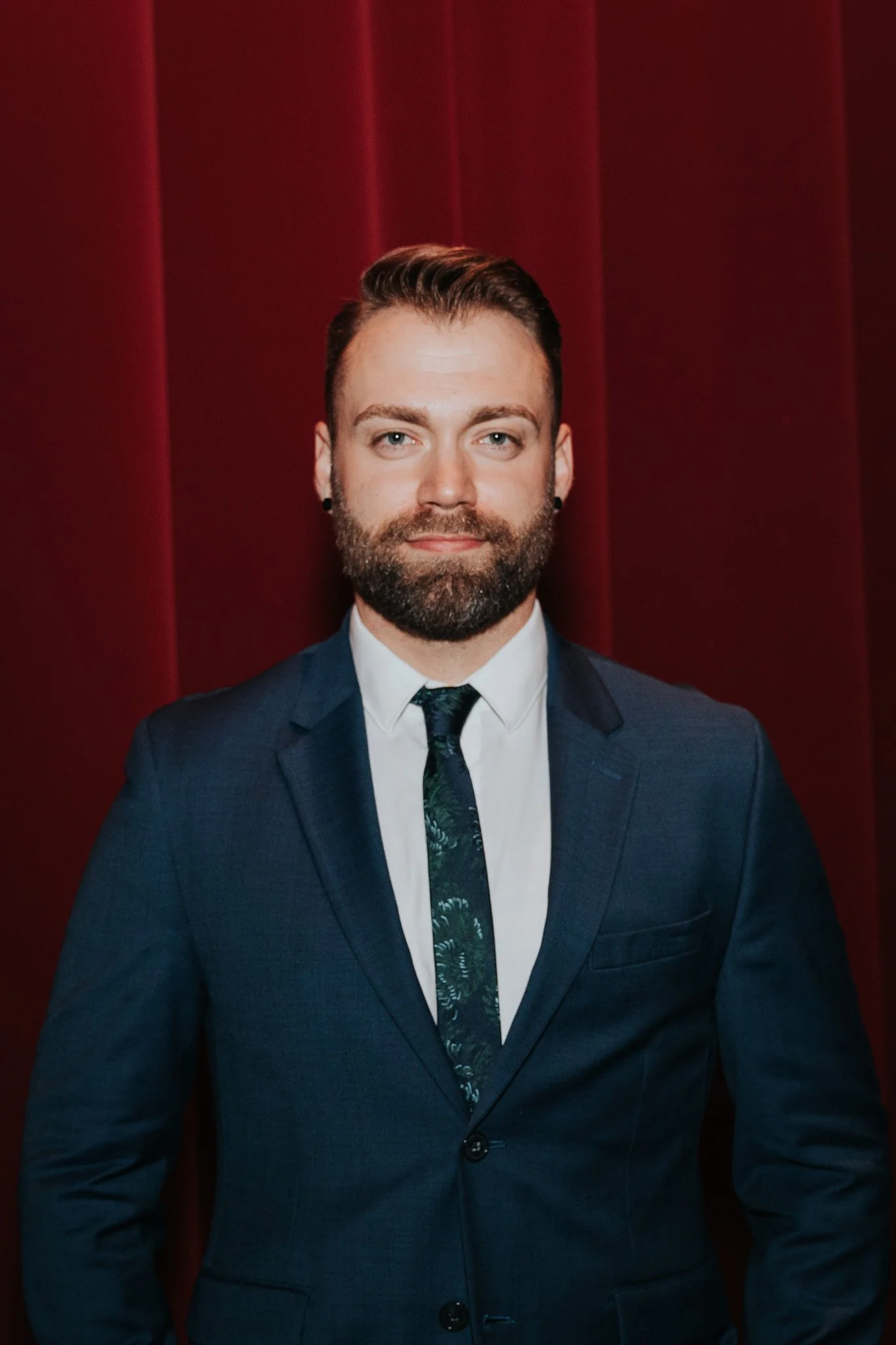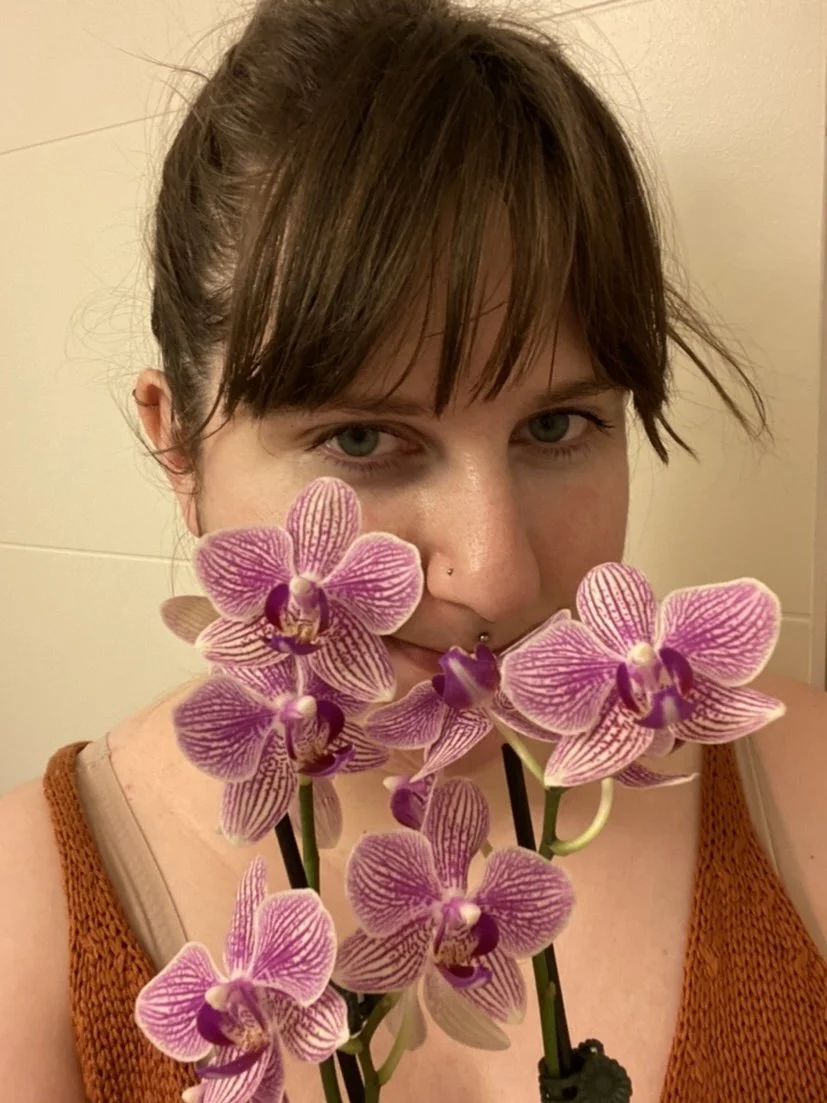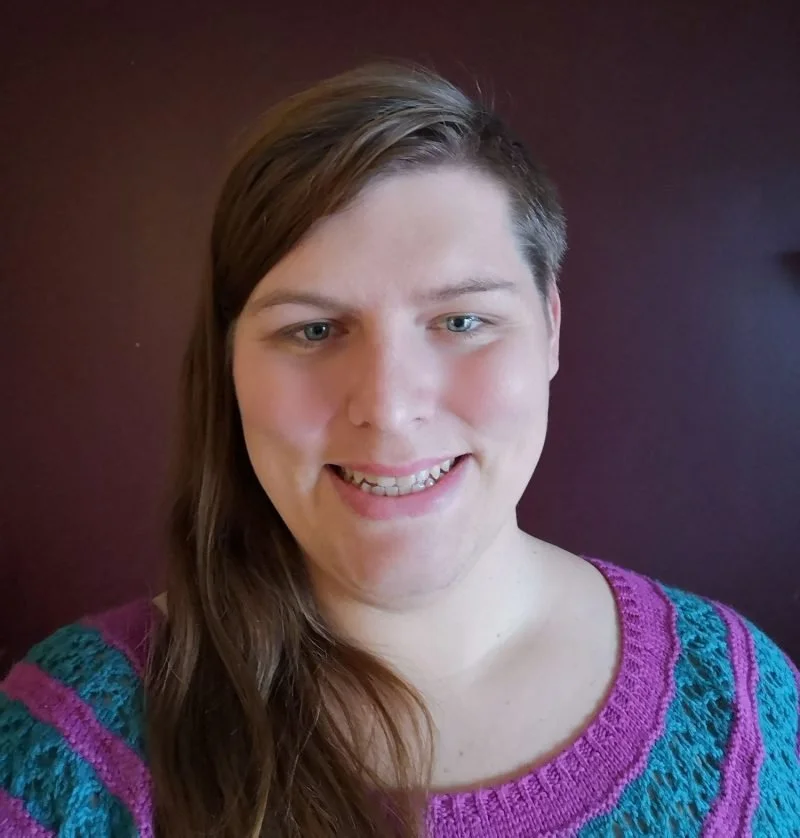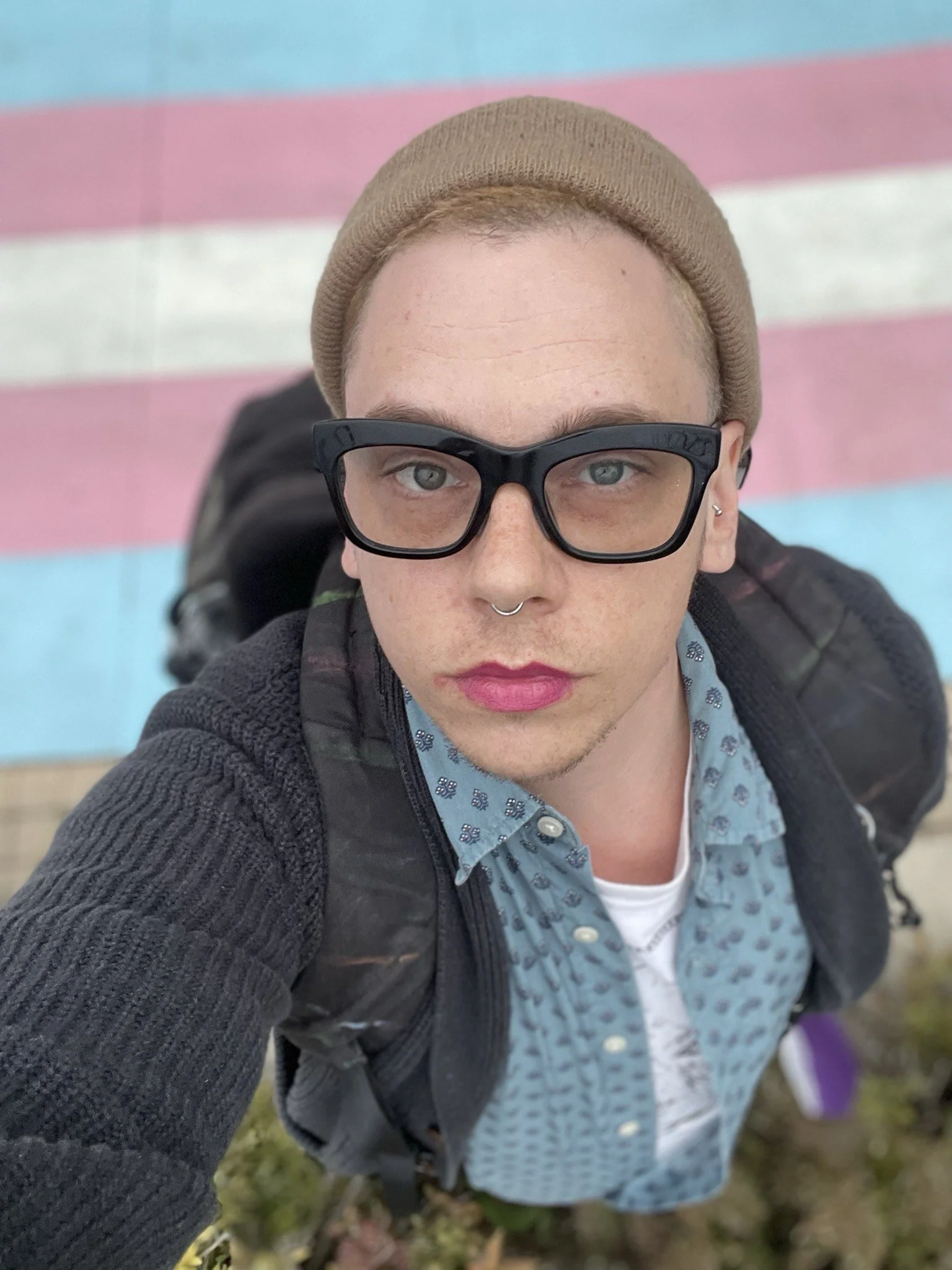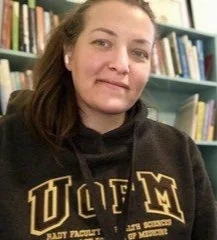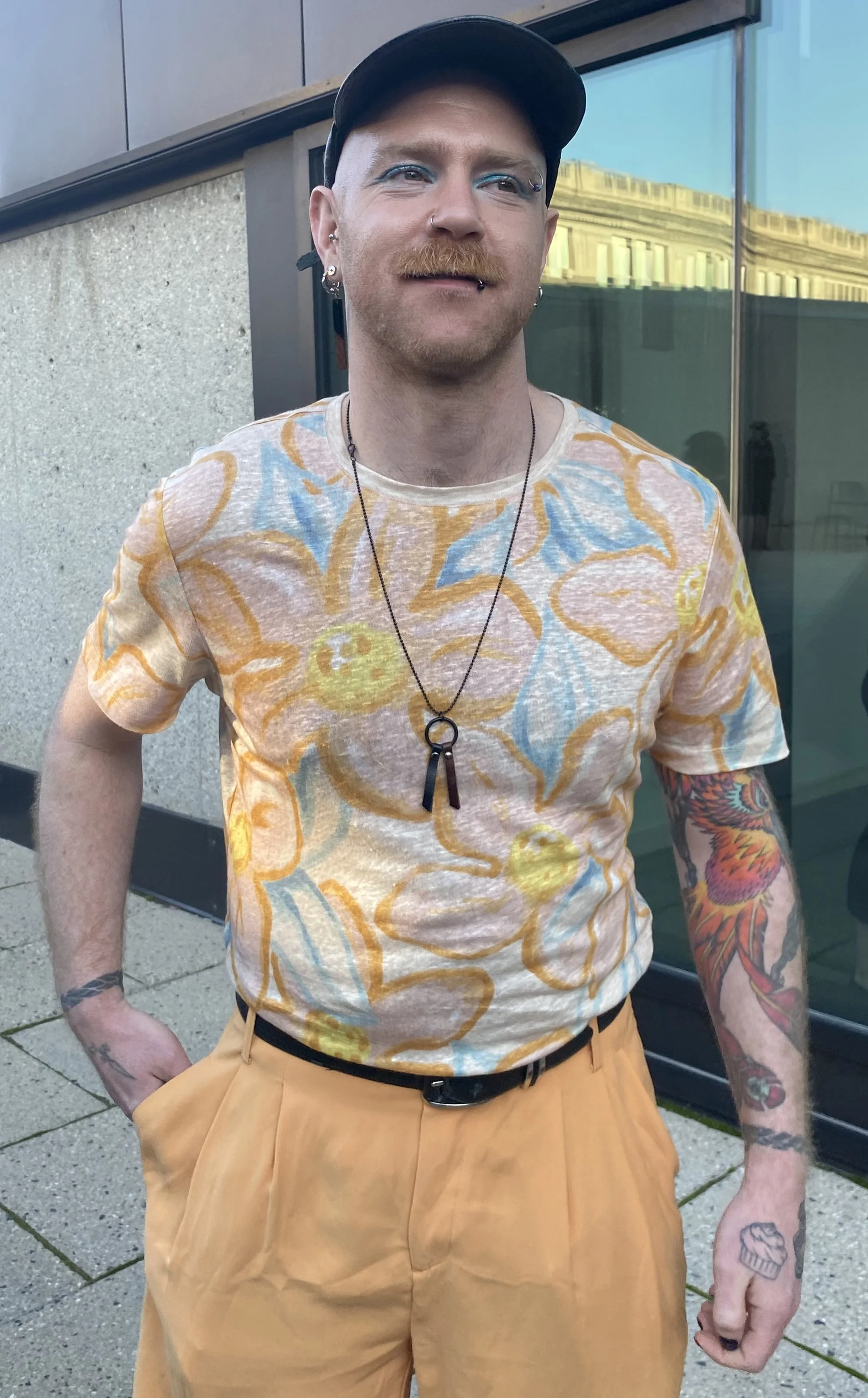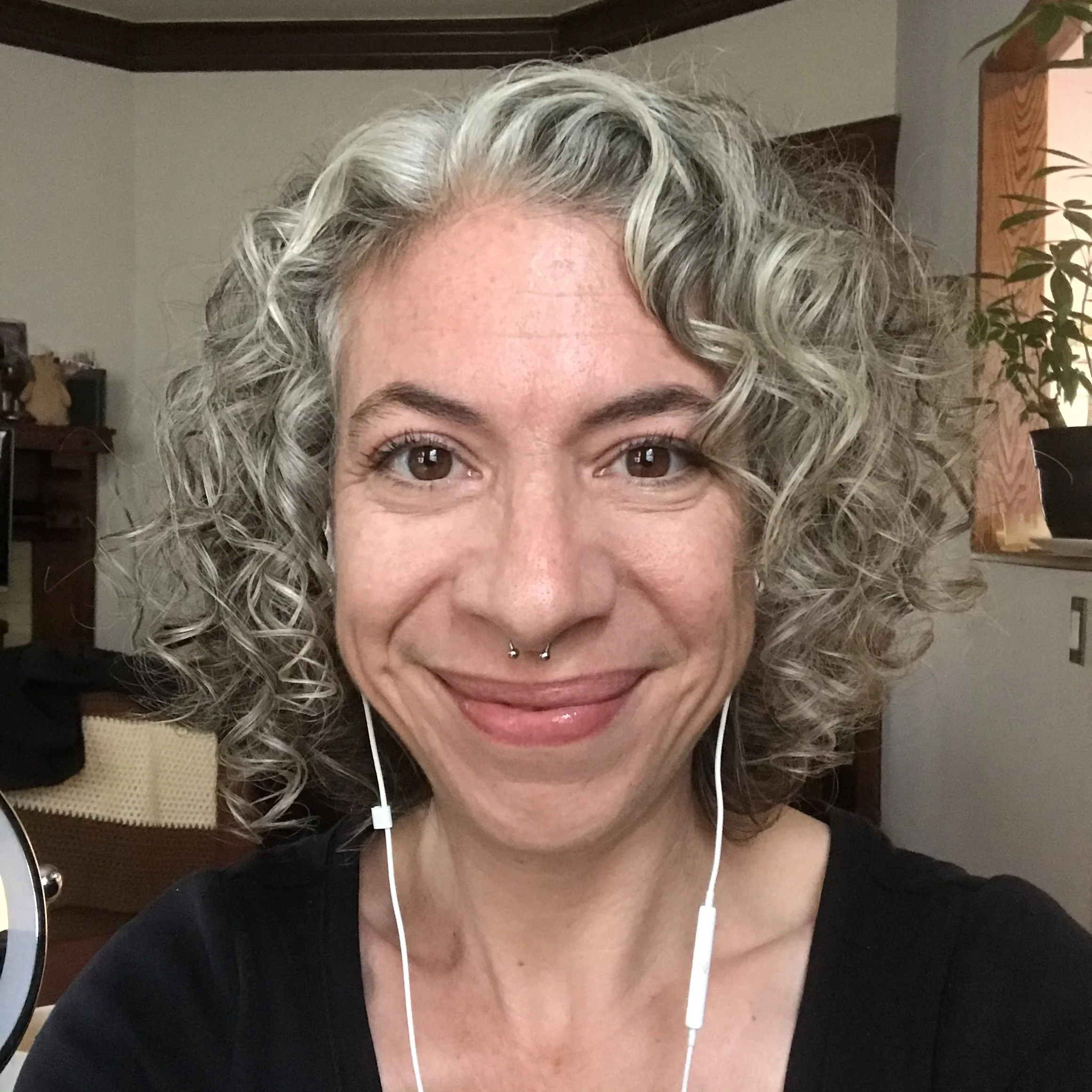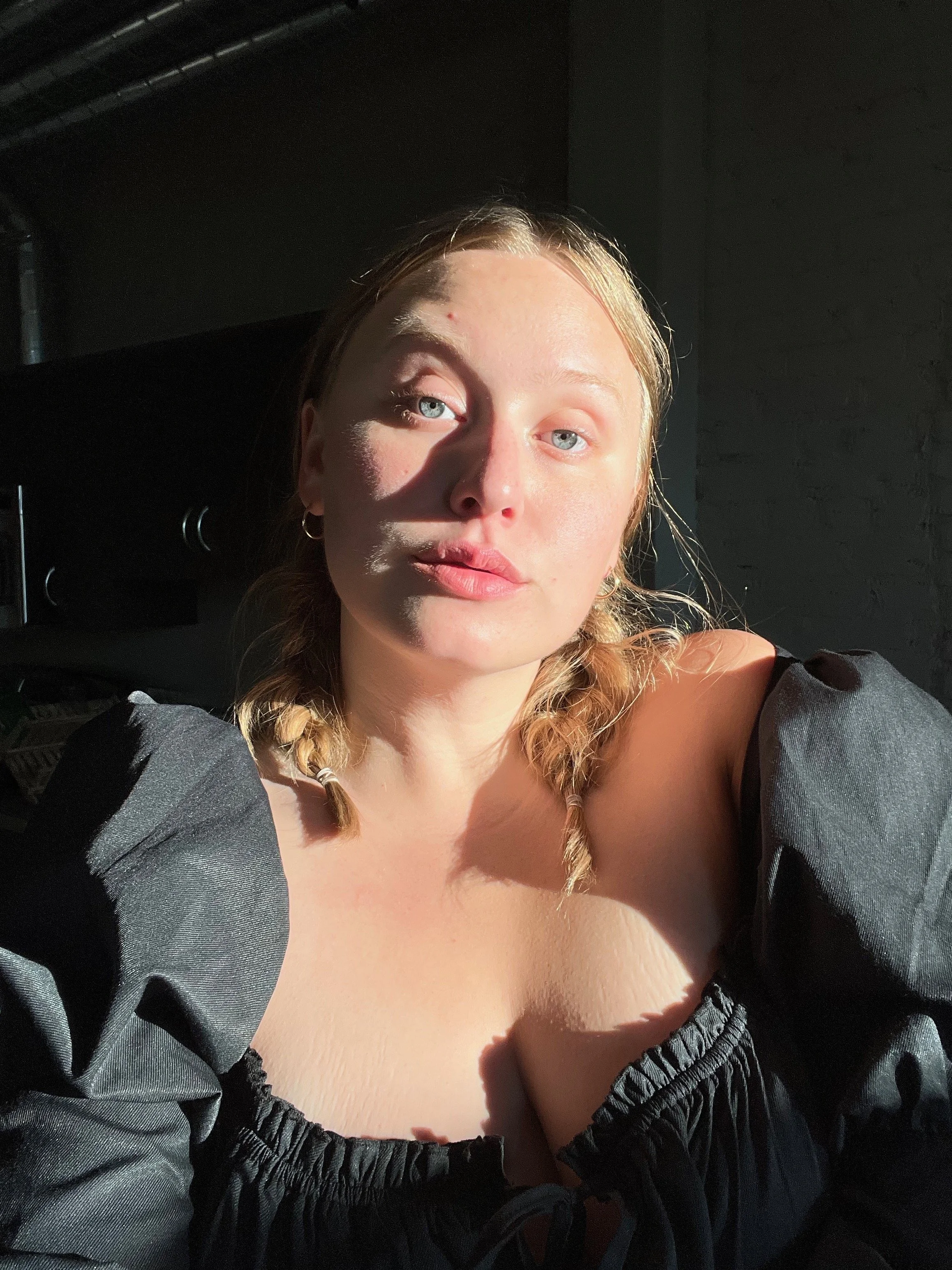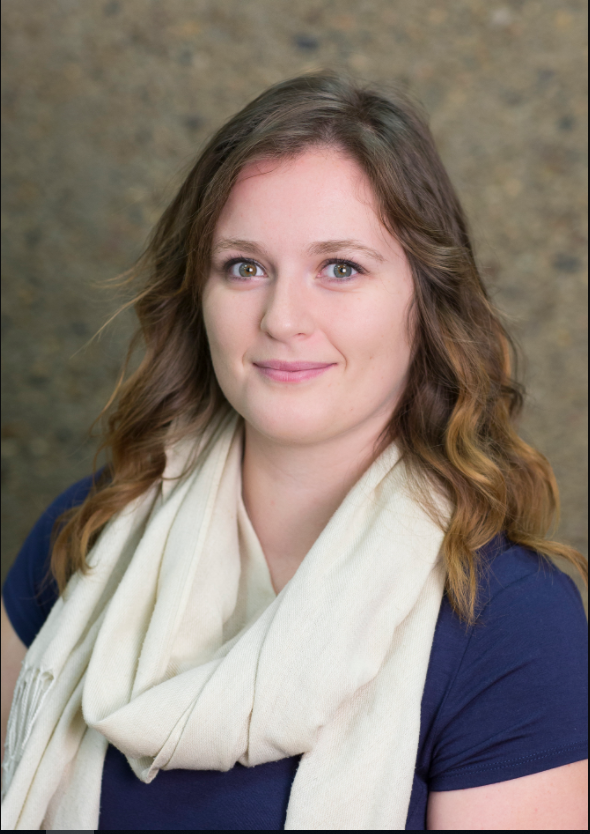Dr. Marcia Anderson
Dr. Marcia Anderson is Cree-Anishinaabe and grew up in the North End of Winnipeg. Her family roots go to Peguis First Nation and Norway House Cree Nation in Manitoba. She practices both Internal Medicine and Public Health as a Medical Officer of Health with Indigenous Services Canada- Manitoba Region. She is the Vice-Dean, Indigenous Health, Social Justice and Anti-Racism and the Executive Director of Indigenous Academic Affairs in the Ongomiizwin Indigenous Institute of Health and Healing, Rady Faculty of Health Sciences, University of Manitoba. She serves as the Chair of the Indigenous Health Network of the Association of Faculties of Medicine of Canada and the Chair of the National Consortium for Indigenous Medical Education. She was recognized for her contributions to Indigenous Peoples health with a National Aboriginal Achievement Award in March 2011. In 2018 she was named one of the 100 most powerful women in Canada by the Women’s Executive Network. In 2021 she received the Royal College of Physicians and Surgeons Dr. Thomas Dignan Indigenous Health Award, and in 2022 was named the Doctors Manitoba Physician of the Year.
Dr Carl hart (He/Him)
Carl Hart is the Mamie Phipps Clark Professor of Psychology in the Departments of Psychology and Psychiatry at Columbia University. Professor Hart has published numerous scientific and popular articles in the area of neuropsychopharmacology and is co-author of the textbook Drugs, Society and Human Behavior (with Charles Ksir). His book, “High Price: A Neuroscientist’s Journey of Self-Discovery That Challenges Everything You Know About Drugs and Society,” was the 2014 winner of the PEN/E.O. Wilson Literary Science Writing Award. Professor Hart has appeared on multiple podcasts, radio and television shows including Real Time with Bill Maher and The O’Reilly Factor. He has also appeared in several documentary films including the award-winning “The House I Live In.” His essays have been published in several popular publications including The New York Times, Scientific American, The Nation, Ebony, The Root, and O Globo (Brazil’s leading newspaper).
Dr. Barry Lavallee (he/Him)
MD, CCFP, FCFP, MClSc Chief Executive OfficerKeewatinohk Innniniw Minoayawin Inc.
Indigenous Identity
Dr. Barry Lavallee is a member of the Metis community of St. Laurent, Manitoba and a descendent of Duck Bay and Lake Manitoba First Nations.
Education and Experience as a Practitioner
Dr. Lavallee received his medical degree in 1988 and completed his training in family medicine in 1990, all at the University of Manitoba. He is a Doctor of Medicine (MD), Certified in the College of Family Physicians (CCFP Canada), a Fellow of the College of Family Physicians (FCFP Canada), and earned a Master of Clinical Sciences Degree in 2004 at Western Ontario University.
Prior to joining Manitoba Keewatinowi Okimakanak Inc. as the Medical Advisor (2019) and accepting the position of CEO of Keewatinohk Inniniw Minoayawin Inc. (2020), he practiced general medicine in Winnipeg after 17 years of flying regularly to Tataskweyak First Nation to provide in-community physician services.
Academic Leadership and Research
Dr. Lavallee focused his entire career on improving care and outcomes for First Nations and Metis people – as a practicing physician and as an educator, researcher and advocate.
He is the past president of the Indigenous Physicians Association in Canada and worked for ten years in partnership with Indigenous scholars and practitioners from Australia, Te Ora and Native Hawaii. Workforce development, Indigenous data and research figured in this work resulting in many international research and cross-educational collaborations.
As the Indigenous lead of a team tasked with creating an Indigenous specific, anti-racism curriculum as a way and means to improve health outcomes – he helped create the curriculum and manuscript which became embedded in medical schools across Canada. The manuscript calls for medical schools to engage locally with students and elders, and then adapt and use the curriculum.
Dr. Lavallee’s more recent research activities centred on prevention of chronic kidney disease in First Nations in Manitoba using point of care testing technology. As well, he is principle investigator for a Strategic Patient-Oriented Research-Diabetes grant focusing on the evaluation of an anti-racist curriculum for practicing physicians working with First Nations who live with diabetes.
Current Interests: Advocacy to Action and Systems Accountability
His current interest clinically is the emergence of chronic diseases in First Nations in Manitoba and understanding the influence of colonialism and Indigenous specific racism as significant causation variables.
New Role as CEO and His Professional Legacy
When asked about his professional legacy, Dr. Lavallee’s humility is apparent as he is reluctant to share about his many accomplishments. Among them, he has presented to government committees, supported research related to Indigenous peoples, and participated as an expert witness during the National Inquiry into Missing and Murdered Indigenous Women and Girls. He remains an advisor to Indigenous medical students and a responsive advocate for First Nations leaders. KIM colleagues have taken notice of how he respects and honours women, as well as traditional healers and knowledge keepers. For five years he was privileged to work side by side at the Aboriginal Centre of Winnipeg doing ‘rounds’ with Don Cardinal, the renowned Indigenous leader and healer. This had a profound impact on Dr. Lavallee’s life and future work, leading him to want to actively engage and bring together western and Indigenous healing systems.
sandra ka hon chu
Sandra Ka Hon Chu is a lawyer and Co-Executive Director of the HIV Legal Network, where she works on HIV-related human rights issues concerning prisons, drug policy, sex work, women, and immigration. She has helped guide the Legal Network’s litigation in court cases in Canada and internationally, including lawsuits challenging the Canadian government’s failure to adopt prison-based needle and syringe programs and criminal laws governing sex work. Previously, she worked in The Hague for the Women’s Initiatives for Gender Justice, an international women’s human rights organization advocating for gender-inclusive justice before the International Criminal Court. Sandra was called to the bar of British Columbia in 2003.
vikki reynolds (she/her)
Vikki Reynolds (PhD RCC) is an activist/ therapist who works to bridge the worlds of social justice activism with community work and therapy. Vikki is a white settler on the territories of the Squamish, Tsleil-Waututh and Musqueam nations. Vikki’s people are Irish and English folks, and she is a heterosexual woman with cisgender privilege. Her experience includes supervision and therapy with peers and other workers responding to the opioid catastrophe, refugees and survivors of torture - including Indigenous people who have survived residential schools and other state violence, sexualized violence counsellors, mental health and substance misuse counsellors, housing and shelter workers, activists and working alongside gender and sexually diverse communities. Vikki is an Adjunct Professor and has written and presented internationally. Articles & speaks free at: www.vikkireynolds.ca
breakout/panel speakers
martin morberg (he/him)
Martin Morberg is a Two-Spirit Northern Tutchone and Tlingit man from the remote community of Mayo, Yukon Territory. He is a member of the Na Cho Nyak Dun First Nation. “It’s my goal to empower the lives and voices of Two-Spirit and Indigenous people affected by HIV and addictions while contributing to the visibility of these communities.” Much of Martin’s work and activism is rooted in community and grassroots initiatives and he acknowledges that many Indigenous leaders and community members have guided and supported him in growing into the activist he is today. He hopes to pay this knowledge and support forward to Indigenous communities and Two-Spirit people and contribute to the meaningful work and reclamation of Two-Spirit culture and identity. Martin is the Two-Spirit Program Coordinator at the Community-Based Research Centre.
Jason klainchar (He/HIM)
Jason has a degree in Nursing from the University of Manitoba, as well as a Masters degree in Public Administration with a career that has spanned almost 20 years. His clinical experience comes as a nurse at the Selkirk Mental Health Centre from 2003-2016 where he worked in Forensics and Psychosocial Rehabilitation before moving into a leadership role as the Coordinator of Patient Services for the Acquired Brain Injury program. Jason left the Selkirk Mental Health Centre in 2016 as the Director of Operations to become the Regional Director of Quality and Patient Safety with the Winnipeg Regional Health Authority. In 2018, he became the Executive Director of the Churchill Health Centre in Churchill, Manitoba. Jason continues to advocate and champion mental health services and innovation in his current role in northern Manitoba.
DJ Knezacek (he/him)
My name is DJ Knezacek, I’m a proud Metis man with Czech Republic descendants and powered, fueled, and driven by my Cree Indigenous ancestors. I was born and raised in Churchill Manitoba, a small northern community where everyone knows everyone. I am a proud husband to my beautiful wife Heather Spence-Botelho, and a proud father to our two beautiful daughters Kelcey and Khloe. I have had many struggles in my life from Alcoholism/Drugs and Mental Health issues. Asking for help was tough, the shame alone was enough to keep me at my lowest point. When I sobered up, I knew what I was going to do in this journey of mine, was be very vocal with the voice I found for the first time in my life, share my story and help others. Today I’m gratefully over 8 years into my sober journey and heavily involved in our indigenous traditional ceremonies and other wellness programs such as AA. I work with the Warrior Caregiver program as a Men’s Group coordinator, which helps bring men together in a safe environment through land based/in house activities. With the help of various Indigenous knowledge keepers, we’re bringing our traditional ceremonies back to our community.
Levi A. Foy (He/him)
Levi has been the Program Coordinator for Like That @ Sunshine House since 2014. Foy is a two-spirit member of the Couchiching First Nation who was raised in Treaty Two territories and formally educated in Winnipeg, and Guelph, ON. Levi has lived in Mexico for three years, spent two adult years working in his community, and has worked in Winnipeg at the Main Street Project, Aboriginal Health & Wellness Centre, and most recently at the University of Winnipeg. Levi is by no means an expert on any one particular subject and is committed to the principles of safety and respect in the work that he does. Foy will be presenting on some of the personal and professional experiences that he has had as an queer individual navigating and working in multiple different environments, with a specific focus on the things that he has learned through his time at Sunshine House.
Helina Zegeye
Helina Zegeye is a program coordinator with the Gizhiwenimin project at Sunshine House resource center. Gizhiwenimin is a queer outreach program for community members, immigrants and refugee's that seeks to connect them with the appropriate resources they need to lead the full lives they want and deserve.
Dana Connolly (she/her)
Dana Connolly is a proud Anishinaabekwe and mother of two. The name that was gifted to her in ceremony is Sitting Bear Woman from the Bear Clan. She is a member of Peguis First Nation and was raised in the inner-city of Winnipeg. It was her personal lived experiences growing up in poverty in the inner-city that fostered her passion for harm reduction and nation building by supporting Indigenous relatives to identify their gifts, achieve their goals and create a sustainable future for the community. Dana has been a part of the Ka Ni Kanichihk family since 2010 holding a variety of roles and is now serving community as the Associate Executive Director.
Tasha Spillett-Sumner (she/her)
Tasha Spillett-Sumner draws her strength from both her Cree & Trinidadian bloodlines. She is a NYT Bestselling author, mother to Izzy, a celebrated educator, and PhD candidate. Her debut picture book, I Sang You Down from the Stars and graphic novel series, Surviving the City are multi-award winning. Tasha’s next two titles, Beautiful You, Beautiful Me and Raven’s Ribbons are expected in Fall 2022 and Spring 2023 respectively. In her academic work, including in her PhD dissertation titled From the Roots Up: (Re)Making Indigenous Women and Two-Spirit Peoples’ Relationships with Land, Tasha demonstrates that above all she is most heart-tied to contributing to community lead work that centers land and water defence, and the protection of Indigenous women and girls.
Cecil Sveinson (he/him)
Cecil Sveinson currently serves as the Manager of Indigenous Relations for the City of Winnipeg. Prior to that, he was the Director for Prevention and Cultural Programming for Southeast Child and Family Services. In his personal life, Cecil has had the opportunity to learn from many Elders and knowledge keepers and does his best to pass on what he was taught and care for others in ceremony.
Ella Rockar (she/her)
Ella Rockar is the Collective Impact Network Project Coordinator for Nine Circles Community Health Centre and the Manitoba HIV-STBBI Collective Impact Network. Key components of Ella’s work at Nine Circles and the Collective Impact Network include increasing awareness around STBBI’s, testing, and treatment, connecting people across Manitoba who are working on innovative community-led projects, and coordinating with Nine Circles’ peer advisors.
Helene San Pedro-Estrada (she/her)
Helene is a settler to Treaty 1 territory from the Philippines. She is a mother, helper, support for newcomers, an advocate and ally with Indigenous peoples and nations. Her mother’s work with survivors of family violence inspired and led her in the helping profession in the social services field. Currently, she is the Tribal Health Educator on Harm Reductions. Formerly, she was the Regional Coordinator for Success Through Advocacy & Role-Modeling, also known as the STAR Program, an FASD Prevention program in First Nations communities across Manitoba. Both roles were with Southeast Resource Development Council (SERDC). Helene’s different roles over the last 13 years of working in social services, mental health and addictions, she has supported individuals and families in community, justice, child welfare, education and housing sectors. Helene embraces a strength-based, wrap-around, person-centered, trauma-informed approach in her practice. She received formal training from University of Manitoba, Manitoba Corrections, Justice Institute of British Columbia, and currently pursuing her Master of Arts in Counseling Psychology at Yorkville University. Where Helene values learning from the most holding space to listen to stories of individuals and families with lived experiences, so she can continue recognizing community resiliency, supporting distinctive needs and celebrating strengths.
jordy ironstar (They/Them)
Jordy Ironstar is a Two Spirit Nakoda Oyadé and member of Céga Kįnna First Nation, Saskatchewan. Jordy serves as the Two Spirit Ambassador for FCP, co-chair of All Nations Hope Network (ANHN), and a member of the MMIWG2SLGBTQQIA+ National Action Committee. Jordy is passionate about with/for their Queer and Indigenous kin across Turtle Island.
Tahl East (She/Her)
Born in Jerusalem, Israel and settled in Canada as a tween in 1982, Tahl East is an ally to First Nations peoples and communities across Turtle Island. Walking the Red Road for many years, Tahl was gifted the name of East Facing Yellow Butterfly Woman and carries it in a good way in all her endeavours and connections.
When individuals experience trauma or severe life stressors, it is not uncommon for their lives to unravel. My great accomplishments and passions are to bring healing to people who have been through a traumatic/stressful experience. I help our members and communities, who include children, adults and families, to find healthy views of themselves and help them to strengthen their relationships with themselves, each other and the land so they can know themselves as peaceful, complete, whole and safe.
Bringing lived experience as a substance user, as well as a parent of a son who died of an accidental drug poisoning, I believe 100% in approaching the drug crisis in our communities from a two eyed seeing, harm reduction approach that is empathetic, loving, connecting, cultural and peer led.
I hold a Bachelor of Education with a focus on at risk youth, an Addiction and Community Service worker Diploma, a Business Administration Diploma and many certificates from Grief and Loss Therapy to Indigenous Focused Therapy.
Prior to joining the Tribal Council, I was the Director of Detoxification and Stabilization at Main Street Project and Director of River Point Centre at Addiction Foundation od Manitoba and spent 12 years as the Dean of a local college.
I am very excited about the launch of FIRE with FIRE in our communities and look forward to the anticipated healing the project will bring to so many.
Garth mullins
Garth Mullins is an “old school dopefiend” and hosts the award-winning Crackdown Podcast. He’s been an organizer with the Vancouver Area Network of Drug Users for a decade. Garth is also a trade union activist and a musician.
sage guiboche (she/her)
Sage Guiboche is a Cree-Metis Public Health Nurse that works for the Winnipeg Regional Health Authority. Sage was raised in Winnipeg and has family ties to Nisichawayasihk Cree Nation and the Metis Nation located in St Laurent, Manitoba. She has been working with Ka Ni Kanichihk on operationalizing The Mino Pimatisiwin STBBI Model of Care into the Mino Pimatisiwin Sexual Wellness Lodge. Sage is passionate about providing culturally safe, sex and drug positive care to her community.
Courtney Almas (She/Her)
A Sexually Transmitted Blood Bourne Infection & Harm Reduction Coordinator for the Northern Health Region. I have a passion for sexual and reproductive health, social justice as well as community health. My most important role is providing people-centered care and being an advocate for peers in the north.
Chelsea Young (she/her)
Chelsea Young is a young Oji-Cree woman who’s has lived in many different northern First Nations. Now calling Swan River, located on Treaty 4 land home. Chelsea is a mother, wife, coach, advocate and friend to many. Chelsea works as the Network Coordinator for the HELP Network in Swan River. Where luckily for us she uses her quick whit and community ties to get things done.
ERica McNabb (they/them)
I am a White Queer Femme living, working, and raising 2 queerspawn on Anishinaabe and Ininew land, the Homeland of the Metis Nation and Treaty 1 Territory. I have spent the better part of my life facilitating sex ed workshops and trainings for youth including 12 years as a Health Educator with the Teen Talk program in Manitoba. I have been an independent Sex Education Consultant since 2020.
I am committed to anti-racism and working to reduce the harms of colonization in sex education. I’m grateful for the teachings I receive from Indigenous women and feminisms, Two-Spirit and Indigiqueer people, and BIPOC and QTBIPOC. Specifically, I owe much of what I know to the generosity and wisdom of Black and Brown women and femmes.
You can find me by email: info@ericamcnabb.com, dm: @SexEdErica on Insta or @SxEdErica on Facebook
Dawn Lavand (they/she)
A Born and raised city slicker of Winnipeg. They are Cree, Ojibwe and 2 spirited and hails from Grand Rapids, Misipawakstiwik, treaty 5, and Rat Portage, Ontario, treaty 3. Dawn is Passionate about community and social justice and is an expert substance consultant and peer advocate for harm reduction.
Jonny Mexico (they/them)
As someone with lived and living experience with substance use, Jonny has over 2 decades of connection to activism and harm reduction in BC and Manitoba. Jonny currently sits at several provincial and national tables on the topics of STBBI's, and substance use, and has presented at local and national conferences on topics related to; sex work, harm reduction, and toxic drug supply. Jonny works with the Manitoba Harm Reduction Network as the Winnipeg coordinator
Veda Koncan (she/her)
Veda (she/her) is a settler, mama, artist/crafter and project manager at the MHRN with known ancestors hailing from Slovenia and Scotland. She was raised to believe she could make a difference, attending protests and volunteer shifts with her own mama about social justice and womens rights She has been passionate about working and volunteering in harm reduction and sexual health since her teen years, and has found her community here. Harm reduction has been important in her own relationships with substances, and in processing her first overdose loss from her youth and those that have followed. She obtained a Masters in Community Development from the School of Public Administration at the University of Victoria and integrates creativity and love into all of her work.
Heather Courchene (She/Her)
I'm from Sagkeeng First Nation, Treaty One. I've been the Network Coordinator for the Manitoba Harm Reduction Network in Powerview-Pine Falls/Sagkeeng since 2019. As Network Coordinator, I love the advocacy and support that I am a part of within my 2 home communities. Both communities I work in are communities that care for the community directly, and the network I work with is proof.
Marvel "Chase" Gammon (he/him)
Originally from Chetwyn BC, Chase moved to Pine falls 15 years ago. Chase started volunteering with the Powerview-Pine falls/Sagkeeng Peer Advisory Council in 2019 and has been actively working in the community providing support to loved ones and friends. Currently Chase is running a Satellite Distribution Site. Chase approaches his work with kindness, heart and passion.
Wanda Scott (She/Her)
Green Turtle, Gentle Hearted Woman.
Wanda is a functional addict who believes in the harm reduction approach, because she has alot of family and friends who need that approach. She believes in this work because it saves lives. Wanda is currently running satellite supply distribution site in collaboration with the MHRN.
Melissa Morris (she/Her)
Melissa was born in Winnipeg and lived on the West coast for many years, including residing in Vancouver’s Downtown Eastside for 12 years. Melissa moved back to Winnipeg 12 years ago to live healthy and walk down her Red Road. Melissa is of Metis/Jewish descent. She is a community peer research associate in the Village Lab, working on a Gigii-Bapiimin project. Through her work at Ka Ni Kanichihk, she is also the community coordinator for the Waniska Centre for Indigenous HIV/HCV/STBBIs research. Melissa is a person with lived experience in HCV and living experience with HIV. She is a graduate of the Red River College’s Child and Youth Care Program where she focused on Indigenous youth. Melissa sits on the Board of Directors for the Nine Circles Community Health Centre.
Ann Favel (She/Her)
Ann Favel is a non-status Cree woman. Her Spirit name is Little Flower Girl, given to her by her father. Ann is a community peer research assistant in the Village Lab, working on a Gigii-Bapiimin project. She is also a full-time student at Ndinawemaaganag Endaawaad Inc., an Indigenous child and youth care program offered through Red River College. Ann is also enrolled at Red River College for 2nd Year for Child and Youth Care Program. Ann has an extensive experience in community-based HIV/STBBI research in Manitoba. She is also affiliated with Sisters of Fire at Ka Ni Kanichihk. To help others with recovery and adjusting to life with HIV, over the past few years Ann has focused her work on peer engagement in the Prairie provinces and participated in numerous panels related to Indigenous women and HIV, sharing her story in schools, universities, on radio, and television programs.
Melissa Sveinson (she/her)
Melissa Sveinson is an Anishinaabe/Dine Registered Midwife from Sagkeeng First Nation and the Navajo Nation. She is Co-founder of Zaagi’idiwin, an Indigenous led organization that strives to center Indigenous people as the experts of Maternal Child Health in their communities. Zaagi’idiwin has trained over 1200 Full Spectrum Indigenous Doulas across Canada and the United States in the past seven years.
Melissa graduated from the University College of the North Kanaci otinawawasowin Bachelor of Midwifery program and worked in the inner city of Winnipeg. She is a member of Kagike Danikobidan, the advisory committee on Indigenous women’s issues to the College of Midwives of Manitoba. She has also served as the National Aboriginal Council of Midwives Co-chair and member of the core leadership.
Melissa is a small part of a grassroots movement of Indigenous Midwives, Doulas, Aunties and Birth workers across turtle island that are reconnecting with their language, medicines, and ceremonies to support families during pregnancy, birth and parenting. She is committed to continuing to build safe spaces for families to learn about healthy sexuality, reproductive health and traditional birth knowledge as a way of restoring health and well-being to Indigenous communities.
Candace Newmann (she/her)
Candace is a Metis woman, a sundancer, daughter, niece, sister, aunty, and wife. Born and raised in Winnipeg, Candace returned home in 2013, after living in Toronto for 15 years. For the past 13 years she has worked in the Indigenous communities of both Winnipeg and Toronto, as a literacy and lifeskills teacher, counsellor, youth worker, and advocate. Candace has had the opportunity to sit in ceremony with Elders and teachers from Manitoba and Ontario and was taught the Cedar Bath Ceremony by a beautiful, Anishnaabe Elder in 2014.
Dr. Heather Watson (she/They)
Heather Watson is a psychosocial obstetrician -gynecologist who co-chairs Manitoba iMAPLES with midwifery colleague Kris Robinson, and founder Dr. Rebecca Coish, addictions medicine specialist. Heather’s obstetrical practice is sub-specialized to serve people whose pregnancies are complicated by mental illness, addiction or social instability. She is proud to represent this team of 40+ professionals who are all passionate about empowering families affected by substance involved pregnancy to flourish.
Gillian Kolla, PhD (she/her)
Gillian Kolla is a public health researcher who holds a Banting Postdoctoral Fellowship at the Canadian Institute for Substance Use Research, University of Victoria. She uses
primarily community-based qualitative and ethnographic research to explore how to make health and social services more accessible to people who use drugs, and is currently conducting research on the implementation and scale-up of prescribed safer supply programs in Ontario and BC. She was also a member of the coordinating committee for the Toronto Overdose Prevention Society, which opened Ontario’s first overdose prevention site in a Toronto park in 2017 as part of a community-led response to the overdose crisis.
Kimberly Templeton (she/her)
Kimberly Templeton is the Program Lead for the Manitoba HIV Program. She has a Masters degree in Science from the University of Manitoba. Kim has worked in provincial health program administration in Manitoba for over 15 years, primarily in cancer prevention and screening.
Jared Star (he/him)
Jared Star is a researcher, consultant and Vanier scholar with research interests in the realm of sexuality, substance use and public health. He has worked in direct service and senior leadership roles in the non-profit sector for over 15 years, and is currently the research lead for the MB HIV/STBBI Collective Impact Network. He holds a Bachelor of Social Work and Master of Community Health Sciences degree both from the University of Manitoba, which support his passion for solving problems that lead to systemic change. When he’s not working, you can catch him DeeJaying at local pubs and breweries or reading horror books in his backyard.
Dr. Andrea Sereda (she/her)
Dr. Andrea Sereda is the lead physician at London Intercommunity Health Centre’s Health Outreach program, where she cares for people marginalized from traditional healthcare systems. Dr. Sereda focuses on caring for people who use drugs, people deprived of housing, women in the survival sex trade, as well as medical street outreach and care in non-traditional settings such as shelter or jail.
Dr. Sereda is the founding physician for Safer Opioid Supply (SOS), which provides pharmaceutical grade opioids to people dependent on the unregulated street fentanyl supply. SOS is a Health Canada recognized, SUAP funded program that is a pillar of the Federal government’s approach to the overdose crisis.
Dr. Sereda is an avid harm reductionist, practicing solidarity with all marginalized peoples, with the goal of eliminating power structures in medicine that perpetuate poor health and oppression.
Cassidy Morris (she/Her)
Cassidy Morris is the Safer Opioid Supply Program Administrator, Administrative Assistant for Clinical Services, and Lead Client Care Support – Health Outreach Clinic, at London InterCommunity Health Centre in London, Ontario.
Fondly referred to as the “Chaos Coordinator”, Cassidy has been with LIHC for 6 years; with a focus on developing and coordinating operations for the Safer Opioid Supply program, having been involved from its inception alongside Dr. Andrea Sereda.
Possessing a passion for and understanding of harm reduction, safer supply and trauma informed care, she applies this approach daily on the front line to ensure a low barrier and inclusive clinical flow is achieved within the Health Centre.
Franky Morris (she/her)
Franky Morris is a queer cis white settler and harm reduction activist. She is the Community Health Worker for Safer Supply in Toronto’s downtown east, at Street Health. Like many folks entrenched in the overdose crisis, Franky is enraged, burnt out, and grieving the loss of too many friends, colleagues, and community members taken by the war on drug users. She is sustained and inspired by beautiful, complex, and fiercely loyal harm reduction and drug user communities, her 6-year-old cat K.D. (/Kitty) Barbara Hazel Lang and the breathtaking world of plants, including the jungle that lives in her small and not-so-well-lit apartment. “Nothing about us without us!”
Bryce Byron (Ze/Hir)
Bryce Byron is a bisexual genderqueer who uses the intentionally queer pronouns ze/hir. Ze also connects with umbrella labels such as trans and non-binary.
Hir work within the 2SLGBTQ+ community is driven by hir belief that knowledge about 2SLGBTQ+ history, identities and experiences should be readily available and accessible to everyone. Ze spent many more years in the closet than necessary simply because 2SLGBTQ+ knowledge was so hard to access and what was available was filtered through such a strong cisgender and heterosexual lens that it prevented hir from understanding hir own bisexual and genderqueer identities.
Ze works at the front desk as the Information and Intake Coordinator. In this role ze is the first point of contact many folks have with Rainbow Resource Centre. Ze is always happy to answer questions, provide peer support, and help folks connect to resources both at Rainbow and within the wider community.
charlie eau (“Oh”) (he/they)
Charlie Eau is a parent, artist, activist, newly-queerly-wed, and settler who is raising their family in Treaty 1 Territory. They co-created both Gender Cafe and Trans Manitoba; these projects connect Two Spirits, trans, and nonbinary folks who advocate for human rights while learning to care collectively for our communities. Charlie consults on gender equity for government and private institutions, and winds down at home to Ezra Furman and cuddles with their many children and pets.
Jamie Pfau (She/Her)
Bren Dixon (He/They)
Bren Dixon is a Queer Settler from Winnipeg. They recently completed their BSW and have been working in sexual health and safer substance use harm reduction-based education for nearly a decade and been with SERC for several years. Over the years, they’ve also volunteered with Camp Aurora, Nine Circles, and Daniel McIntyre/St Mathews Community Association. In their spare time Bren can be found cooking and baking or hanging out with their partner and dogs. Bren wouldn’t be where they are today without the Queer friends and family, especially their Indigenous and racialized family, who welcomed them into their circle.
Sarah
A tea and hedgehog-loving feminist who grew up on the picket lines and enjoys walks, labour rights and self-determination. An ally with a background in social work, community development, and currently working as a Community Researcher with SWWAC.
Dallas
Dallas has been organizing with the Sex Workers of Winnipeg Action Coalition since 2018. They live and work out of Winnipeg and enjoy laying in the sun or hiding from it entirely. No in-between.
Katy
Enjoys spending time outside in her garden and watching horror movies. To distract her from the dread of lawmakers not involving sex workers in legislation, she likes to make a variety of soups.
Saydi harlton (she/her)
Saydi Harlton, Research Coordinator at the Waniska Indigenous Centre, in the College of Medicine, at the University of Saskatchewan, is a passionate and
skilled researcher and community ally. With a Master in Community & Population Health from the University of Saskatchewan, Saydi’s work is focused on the health outcomes experienced by First Nations, Métis and Inuit
people in Saskatchewan, Manitoba and throughout Canada. Her passions lie in community-based research, particularly in working to combat the rising HIV/HCV/STBBI rates in our prairie communities. Each day she is driven to
work toward realizing a future where Indigenous people in Canada experience equal access to healthcare and have access to culturally safe and relevant forms of medicine, programs and health systems.
Cheryl Prince (she/her)
Cheryl Prince is from Winnipeg, Manitoba, and is a band member of Gods Lake Narrows. She is a mother of two, a fourth year Sundancer and holds Bachelor of Arts degree in Psychology from the University of Manitoba.
Cheryl has worked with Indigenous youth and families in Winnipeg, and throughout the Province for most of her professional career. Cheryl is the Program Manager of Huddle Ka Ni Kanichihk, and a casual Youth Support worker at Ndinawe. She utilizes Harm Reduction approaches in her work and has prevented youth overdoses through Naloxone.
